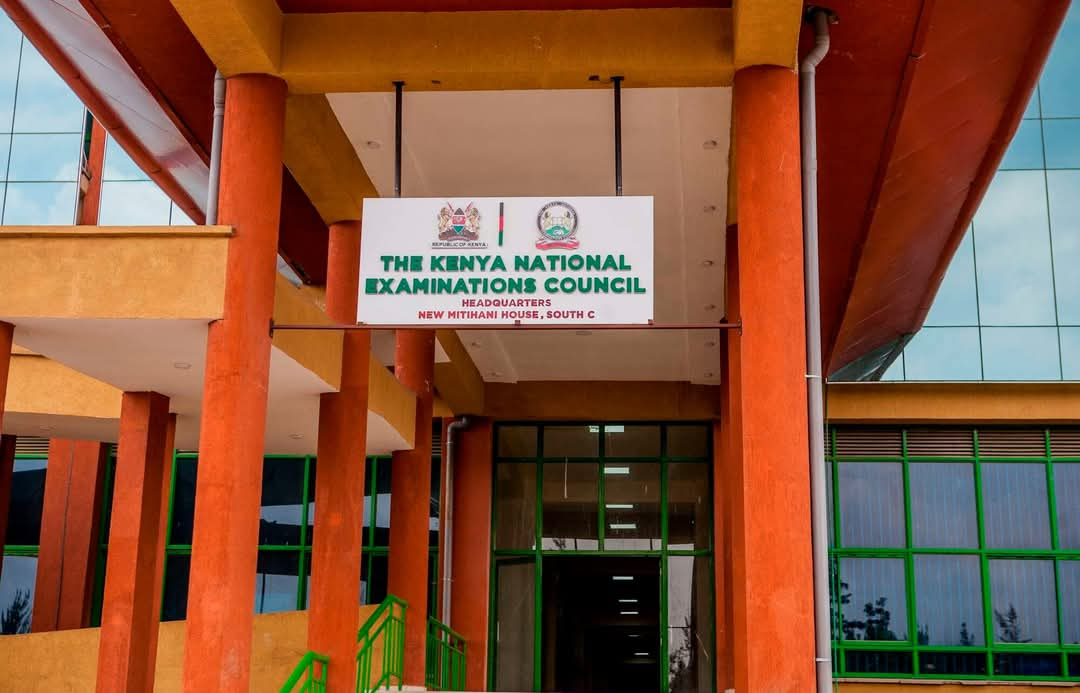KNEC Identifies Key Factors for Grade 10 Learner Placement
The Kenya National Examinations Council (KNEC) has outlined the criteria that will determine how learners are placed into Grade 10.
During the 2nd Annual Symposium on Competency-Based Assessment (CBA) held on April 23, Dr. Fred Odhiambo, Deputy Director of Education in the Directorate of Secondary/Senior School, stated that placements will consider students’ preferences, including their chosen pathways, tracks, subject combinations, and school selections.
Dr. Odhiambo explained that Senior Schools will be classified according to various pathways (triple and double), types of accommodation (day and hybrid schools), gender (single-sex and mixed), and special needs (schools for special needs and vocational schools).
Students will select 12 schools based on their preferred pathways. Among these, 9 will be boarding schools—3 from the learners’ home county and 6 from outside their home county. Additionally, 3 day schools will be chosen from their home sub-county or the sub-county where they reside.
For the selection process, students will choose four schools for their first-choice track and subject combination, four for their second choice, and four for their third choice.
KNEC Highlights Additional Considerations
Furthermore, Dr. Odhiambo noted that placements will also depend on learners’ academic performance in the Grade 9 assessments. Psychometric evaluations, which assess students’ aptitudes, interests, and talents, will also play a role, as will efforts to ensure regional equity in access for all learners.
Other factors include the capacity of schools and the availability of resources in the institutions applied to.
Dr. Rachel Kang’ethe, a Senior Lecturer at Kenyatta University, emphasized the need for ongoing investment in the development, testing, and standardization of alternative assessment tools. She stated that organizations like KNEC, KISE, and teacher training colleges share a collective responsibility in this area. KNEC is tasked with leading the creation and validation of inclusive assessment frameworks and tools for national adoption.
Learners to Share Their Preferences
In May, KNEC Chief Executive Officer David Njeng’ere announced that the Commission has created and uploaded sample papers for the Kenya Junior School Education Assessment (KJSEA) on the KNEC CBA portal.
Njeng’ere indicated that the Grade 10 placement process will be informed by direct input from the students. Candidates will be asked to complete online questionnaires to provide feedback on their interests and personalities.
“KNEC will distribute an online questionnaire to KJSEA candidates through their schools to gather insights on their preferences and interests, which will be essential for the Ministry of Education in guiding placements in senior secondary schools,” he explained.
